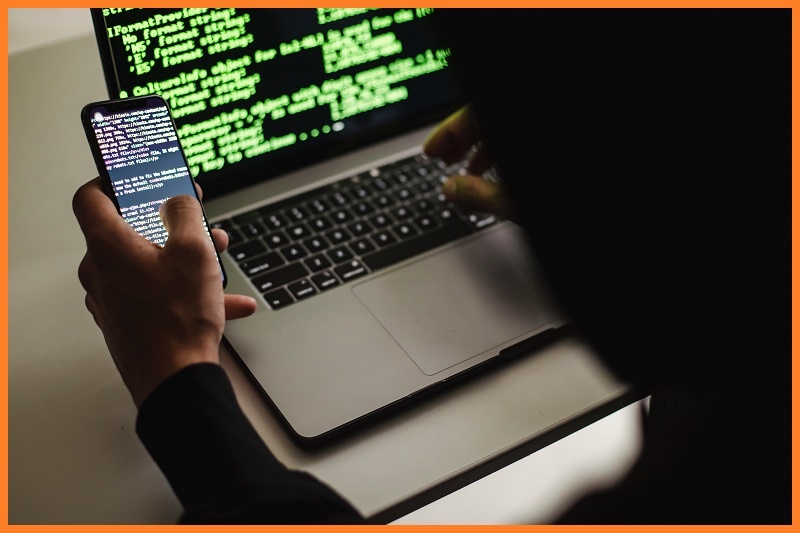
How To Protect Your Data With Work From Home Employees
With more and more people working from home, companies can hire talented individuals worldwide. However, this increase in remote work also increases the risk of data breaches. To protect your company’s data, you must take extra security measures when working with remote employees.
From VPNs to encryption software from Keyfactor.com, here are five tips on how to protect your data when working with remote employees:
1. Use a VPN
A virtual private network (VPN) is a private network that uses public infrastructure like the Internet to provide secure remote access to an organization’s internal network. A VPN can protect your company’s data by encrypting all traffic between your employees’ computers and your corporate network.
Whether your employees work from company equipment or laptops, any time they connect to the internet, they risk being hacked. Using a VPN, you can ensure that all of the data transmitted between your employees and your network is encrypted and secure.
2. Implement Encryption Software
In addition to using a VPN, you should encrypt all sensitive data on your network. Encryptions protect your information if a third party intercepts it by scrambling the data so it is unreadable.
Many types of encryption software are available, so you’ll need to choose the one that best meets your needs. Keyfactor.com provides a variety of encryption software solutions that can be used to protect your data.
3. Use Multi-Factor Authentication
Multi-factor authentication (MFA) is an authentication method that requires more than one piece of evidence to verify the identity of a user. Typically, MFA combines something the user knows (like a password) with something the user has (like a security token).
Implementing MFA can help protect your data by ensuring that only authorized users can access it. By requiring more than one form of authentication, you can make it much more difficult for unauthorized individuals to gain access to your network.
4. Educate Your Employees
One of the best ways to protect your data is to educate your employees about security risks and best practices. Ensure that all your employees understand the importance of keeping their passwords safe and never sharing them with anyone.
In addition, remind your employees never to click on links or open attachments from unknown sources. By teaching your employees how to spot phishing attacks, you can help to protect your company’s data from being compromised.
5. Have a Security Plan in Place
If a security breach occurs, it’s crucial to have a plan to minimize the damage. Make sure you have a backup of all your data in a secure location.
In addition, you should have a process for resetting passwords and revoking access to your network if an employee’s computer is compromised. Having a security plan in place can help ensure that your company’s data is protected in the event of a breach.
6. Review Your Security Measures Regularly
It’s essential to regularly review your security measures to ensure that they are effective. As new threats emerge, you’ll need to update your security procedures to protect against them.
As your company grows and changes, you may need to adjust your security measures to accommodate new employees or different types of data. Reviewing your security measures can ensure that your company’s data is always well-protected.
7. Work with a Trusted IT Partner
Working with a trusted IT partner can help to ensure that your company’s data is always well-protected. Your IT partner can guide you in choosing the proper security measures for your business and can help to implement them.
Your IT partner can provide support in a security breach and help you recover your data if it is lost or corrupted. By working with a trusted IT partner, you can help to ensure that your company’s data is always safe.
Final Thoughts
Because of the unique challenges that remote work presents, it’s essential to protect your company’s data. By implementing a VPN, encrypting your data, and using MFA, you can help to ensure that your data is always safe. In addition, educating your employees about security risks and having a security plan in place can help to protect your data in the event of a security breach. By taking these steps, you can help to ensure that your company’s data is always well-protected.


